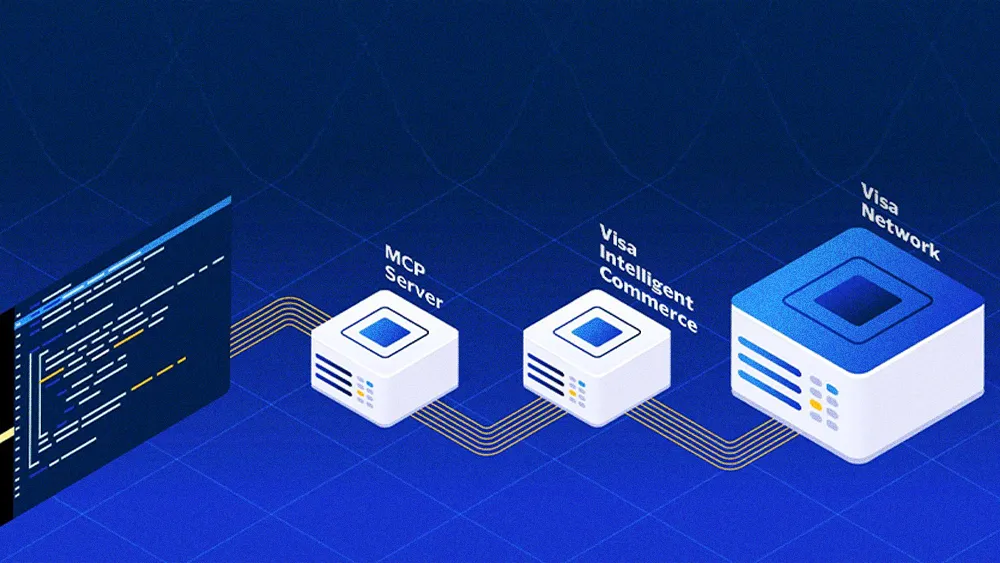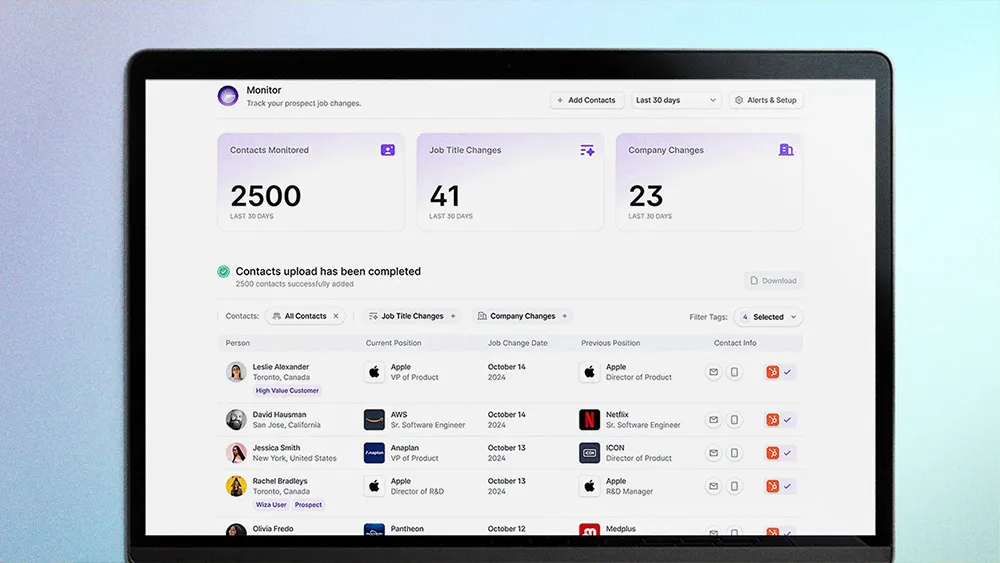
All articles
Visa Bets Big on AI, Empowering Digital Assistants to Make Purchases Using MCP
Visa introduces new developer tools for its Intelligent Commerce platform, enabling AI agents to securely make purchases on behalf of consumers.

Key Points
Visa introduces new developer tools for its Intelligent Commerce platform, enabling AI agents to securely make purchases on behalf of consumers.
The tools include an open server for the Model Context Protocol, reducing AI payment integration time from weeks to hours.
Unique, tokenized credentials with user-set spending limits ensure secure transactions, distinguishing legitimate AI agents from fraudulent bots.
Visa aims to become the default payment network for AI-driven transactions, positioning itself for a surge in automated commerce.
Competitors like Mastercard and PayPal are also entering the AI-driven payments space, intensifying the race for market dominance.
Visa is rolling out new developer tools for its Intelligent Commerce platform, a move designed to let AI software agents securely make purchases on a consumer's behalf. The update signals Visa's big bet on "agentic commerce," a future where your digital assistant doesn't just browse for products, but actually handles the checkout.
Bots get a bank account: The new tools give developers the plumbing to connect AI agents directly into Visa's payment network. The release includes an open server for the Model Context Protocol (MCP), which provides a standardized way for AI models to communicate with payment services, cutting down development time from weeks to hours. A new toolkit also allows non-developers to command agents with simple text prompts, like "create an invoice for $150."
Don't trust, verify: To prevent rogue AI shopping sprees, the system creates unique, tokenized credentials for each agent that are governed by user-set spending limits and permissions. The framework ties the agent's identity to a user’s verified bank credentials, creating a clear record of authorized transactions. This helps distinguish legitimate shopping agents from the fraudulent bots merchants have spent years trying to block.
Visa isn't just enabling AI shopping; it's building the foundational rails to be the default payment network for a future where machines do the buying. By standardizing the connection between AI and its network, Visa is positioning itself to take a cut of a potentially massive new volume of automated transactions.
Elsewhere in agentic commerce: The race to own AI-driven payments is heating up, with competitors like Mastercard and PayPal launching similar initiatives to get in on the action. In the Asia Pacific region, Ant International's Antom division has also debuted its own agentic payment solution, partnering with both Visa and Mastercard to pilot its capabilities.







